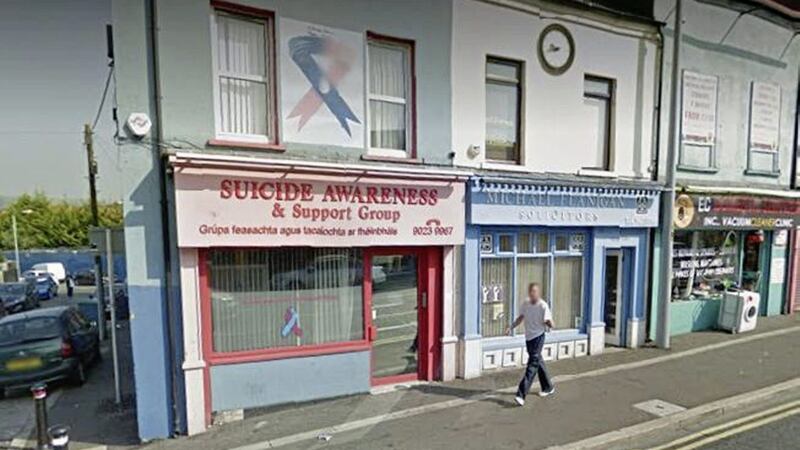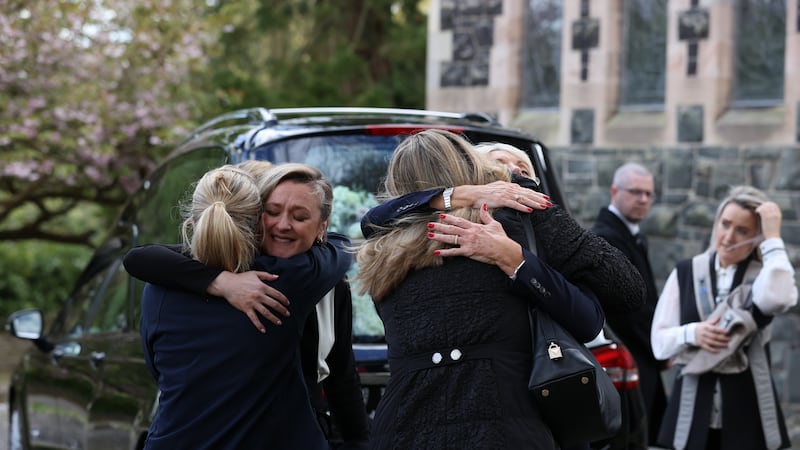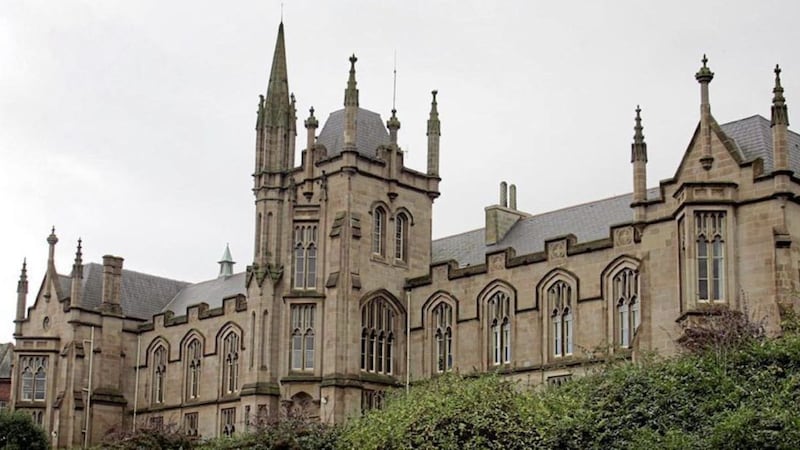Social policy isn’t seen as ‘big boys’ politics here. (The gendered label is intentional.) That’s one of our polity’s major failings and it’s no longer good enough.
Conflict resolution became a priority because the demand for peace grew across a society which had become numbingly normalised to the routine of people killing each other. Over three and a half thousand killings happened. The 1998 Good Friday Agreement saw politics responding to the burning realisation that armed conflict must be ended.
Yet, since 1998, the latest available figures now show that over 8,000 people have died by suicide and by alcohol related deaths. That’s well over twice the number killed in the conflict, touching all sectors of society but three-to-four times worse in areas of highest deprivation.
Figures for 2015 (released last year) show suicide deaths reached the highest on record – 318; with alcohol related deaths also at the highest annual rate – 310. And those figures are only for this jurisdiction.
Suicide deaths have many different, tragic and deeply personalised stories. However experts like the World Health Organisation also note, in particular, that alcohol misuse is often associated with mental ill-health, including suicide. And men are at proportionally greater risk. So social policy is complex.
Whereas the conflict was about people taking the lives of others, these 8,000-plus deaths since 1998 have been about people taking their own lives - whether intentionally or subliminally. Is this not a crisis? Have we somehow reached an acceptable level of loss?
We’re a changed society now. The framework of politics must widen beyond the boundaries of constitutional change and conflict legacy. An ethos of resolution on those matters remains important for stable progress. But we increasingly need a political framework which understands that effective social policy is the foundation for building an improved future. So it’s legitimate to ask hard questions.
Where are the high-level talks on delivering whole-system suicide prevention and broader social wellbeing? Where are the demands and deadlines on properly resourcing awareness and prevention around alcohol or drug dependency?
Where are the midnight negotiations on irreversibly embedding social reform and equality agendas? Where are the solemn agreements that must be implemented to transform our society’s wider mental, physical and emotional wellbeing?
Where is the cultural shift giving greater prevalence and priority to socio-economic policy discourse alongside conflict resolution discourse? Is there any meaningful recognition that the relentlessly confrontational and negative character of political debate impacts oppressively upon the wider mental and emotional wellbeing of our society?
The extent of the groundwork at grassroots on such social policy issues is phenomenal - by communities, activists, rescuers, survivors, families, schools, clergy, public services and dedicated community politicians.
You can see it intensively in areas of Belfast and parts of Derry, and elsewhere across the north. (Denis Bradley deserves as much historical praise for saving lives through co-founding Northlands treatment centre, as he does for improving this society through his far-sighted service on the Policing Board.) Their collective work is monumental and meaningful.
So why is that trojan effort not constantly reflected at the very heart of the ‘non-negotiable’ priorities framing our big picture politics?
All those individual and collective efforts are threadbare in backup and cash-strapped in resources. They’re constantly catching up with the next tragedy, firefighting the latest patterns of death, vainly holding strands of straining hope together with shoe-strings of human resilience.
Or in some cases, like friends of mine, they are physically holding distressed young people to life – literally by their fingertips - at Craigavon bridge in Derry to stop them slipping away, helping them get another chance. Or in other cases, like friends of mine, they’re just showing the basic daily sensitivity that opens a crack in the doorway to someone’s healing, by gently asking: “Are you ok?”
It was distressing to read the words of Jack Glenn’s mummy last week in this paper. By all accounts, Jack was a wonderful young person – “the best brother in the world”. His remains have been missing in the Foyle for seven weeks. Hester Glenn’s testimony is powerful:
“I would just advise everyone to go and talk to someone – even if they do feel they do not want to talk to their parents, get help somewhere, a GP, people need to talk more.
“Since I have started this search for Jack, I don’t feel there is enough help out there for young people with mental issues or depression. Jack has brought this society together. Politicians need to sit down and take mental health more seriously.”
**Anyone in need of support can contact Lifeline on 0808 808 8000








